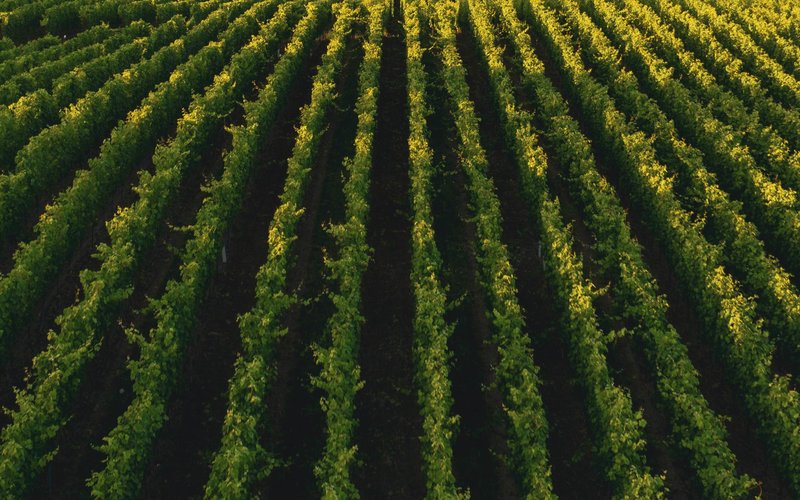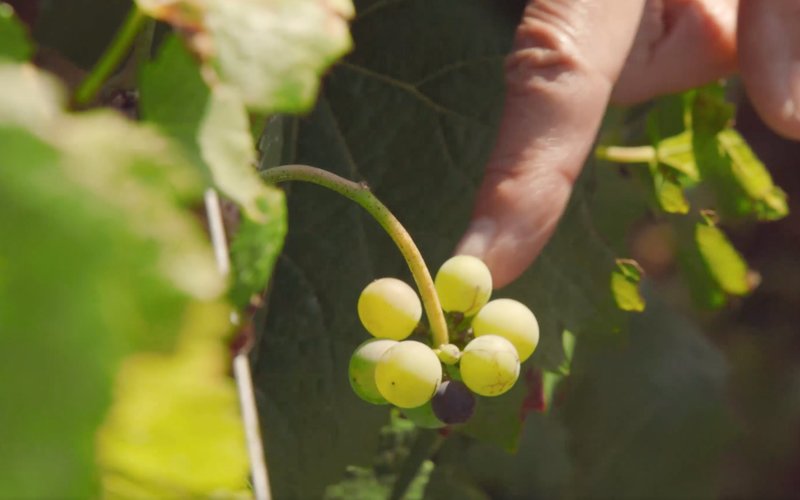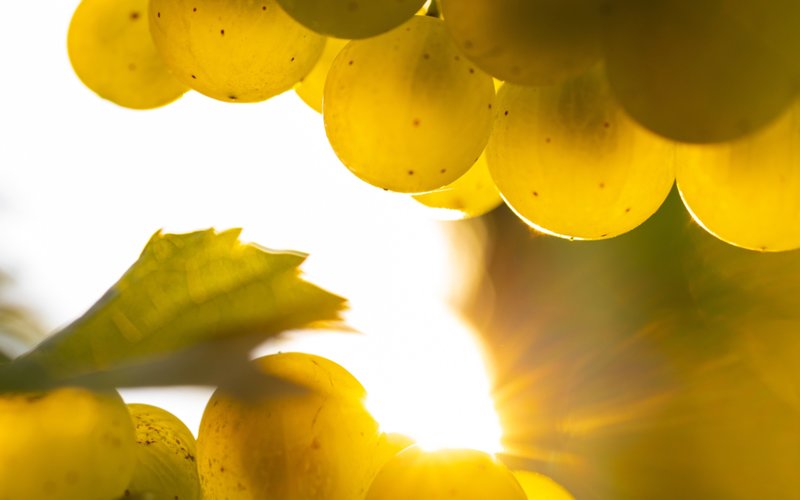
Wine drinkers have always loved the crispness of a chilled sauvignon or the deep fruity tones of a malbec but now it tastes even better when it’s good for the planet too. If you have ever found yourself asking, “what is biodynamic wine?” You’re in the right place.
In response to a desire for higher quality wines that don’t harm the planet, some winemakers are pushing away from using conventional chemicals in their farming and opting for organic or biodynamic processes instead.
In this article, we’ll explain what makes certain wines biodynamic, and share some of the reasons why we’re seeing a shift towards these more planet and people-friendly choices in wine.
What is biodynamic wine?
Today’s wine sector is a multi-billion-dollar industry. Its success means that wine is commercially available in all four corners of the world. Prior to its mass commercialism, wine was traditionally sold and made locally. Many farmers sewed their seeds using a horse and cart, hand-picked their grapes, and tended to their vines attentively.
As demand for wine increased, new tools emerged – from tractors to artificial intelligence – and new ingredients arrived – like fertilisers, pesticides and herbicides. These advances meant that the wine industry could produce more wine per season.
“We noticed where there was this era where chemicals were solving a lot of issues,” Jeremy Seysess, a winemaker from Domaine Dujac in Burgundy, tells Jancis Robinson in her online wine course. The introduction of these chemicals meant farmers could take more control over the growing of the crop, and reduce and even eradicate some of the challenges that they faced, such as time and labour costs. The use of chemicals helped eliminate some of the risks associated with growing grapes, like treating diseases that formerly would wipe out the crop.
The intervention of these tools and agrochemicals has made wine what it is today, but with it has brought some new concerns for the health of the soil, the environment and for those who consume the products from it. Other winemakers believe that the quality of wine made this way could be better, which is where biodynamic wine steps into the picture.
Farmers who make biodynamic wine revert their practices back to more traditional approaches.
“You start thinking about your vineyard as a holistic system,” says Jeremy Seysess. “When you start thinking about it as an ecosystem, that’s where you’re transitioning to biodynamic thinking.”
Growers will look at the vineyard as one solid organism, believing that each function or stage of growth impacts the next. Natural soil, fertiliser and materials are used to ensure that the soil stays fertile and full of good bacteria to help the vines thrive. One of the most distinct methods adopted is called preparation 500, which is where cows’ horns are stuffed with fresh dung and buried underneath the soil during the winter months. In spring, these are dug up, and their contents are mixed with water. The mixture is then sprayed across the soil. Filled with healthy bacteria, this makes the soil more fertile and riper for grape growing.
Instead of agrochemicals, in biodynamic wine-making, natural sulphur and copper sprays are used on crops to prevent disease. The aim of these practices is to strengthen the overall health of the vineyard. Unlike many vineyards today, which rely heavily on machinery, biodynamic farming requires a lot of manual labour too and attentiveness to the changes in the fruit, vine, soil and environment.
Many biodynamic grape growers believe that their practices can help create better quality wine, all the while nurturing the earth and environment. Although this is a planet-positive approach, some argue whether biodynamic wines can be considered vegan-friendly wine. While the processes adopted in biodynamic vineyards are often vegan, some parts of the growing are not – for example, the preparation 500 technique, which uses parts of cows to incubate the manure.

Are organic and biodynamic wines different?
Is biodynamic and organic wine different when it comes to taste? “Between non-organic and organic the difference is immense,” says Jeremy Seysess, but with biodynamic wines the tastes are more subtle.
Similarly to biodynamic practices, organic viticulture avoids the use of harsh chemicals and places high importance on soil health. Organically grown grapes are sprayed with natural chemicals like elemental sulphur and copper sulphate, as opposed to pesticides or fungicides, often used in conventional wine making, so that they don’t poison the soil.
Biodynamic practices take organic ones a step further with their holistic and collective approach. Soil is made from organic matter that can enrich the vineyard and soil local to it. It places focus on the idea that every living organism – microscopic or grazing animal – plays a vital part in producing the wine.
Some grape growers who follow biodynamic practices even adapt their vineyards to coincide with the cycles of planets, moons and stars – following the principles of Austrian philosopher and astrologer, Rudolf Steiner. Many biodynamic farmers believe the lunar calendar has an effect on plants and animals.
In plants, they believe it can influence seed germination and plant metabolism, and in wine, the tasting experience. So, they may follow a biodynamic calendar, which categorises every day into root, flower, leaf or fruit days, based on the phases of the moon. According to this calendar, root days are the worst days to taste wine. Flower days are better – particularly if the types of grapes you taste possess floral tones. On leaf days, wines often taste less sweet, and on fruit days wines are likely to taste more vibrant, rich and delicious.

Where to buy biodynamic wines
Nowadays, you can purchase organic and biodynamic wines from many supermarkets, wine merchants or online retailers too. Many organic wines prize the label of ‘organically certified’. To be classified as organic can take some time however. It can take up to three years to achieve the whole certification for some vineyards, which is why many may advertise themselves as ‘in transition’ – meaning that they are on the path to certification.
It’s always worth looking on the back label for a little organic seal or certification… although, the best producers of the world don’t feel like they have to tell you they have grown their grapes organically, it’s just part of their attention to detail.
Jancis Robinson, British wine critic, journalist and wine writer
Biodynamic wines aren’t as clear in their labelling. In the UK, a vineyard that is certified Demeter (biodynamic) will also be certified as an organic vineyard. The Biodynamic Federation Demeter International is a certified organisation for biodynamic agriculture, and is one of the world’s most known organic certifiers. Around the world certification may be different. You can usually find out more about a wine’s process and ingredients by looking on the brand’s website.
As consumers become more aware of the impact of their food and drink choices on the planet, it’s inevitable that in the years to come we will see more organic, biodynamic and natural wines on our supermarket shelves. As the climate conversation continues to penetrate every industry, investment into these biodynamic practices is likely to boom.
In her online wine course, Jancis Robinson provides a glimpse into the future of wine, and the climate’s impact. If you are keen to dip your toes into the world of biodynamic wine, you can do some research, explore local organic vineyards, attend a few tastings or even hold one yourself with the help of our free wine tasting notes template.

Give the gift of knowledge
Surprise a special someone with a year's access to BBC Maestro or gift them a single course.



